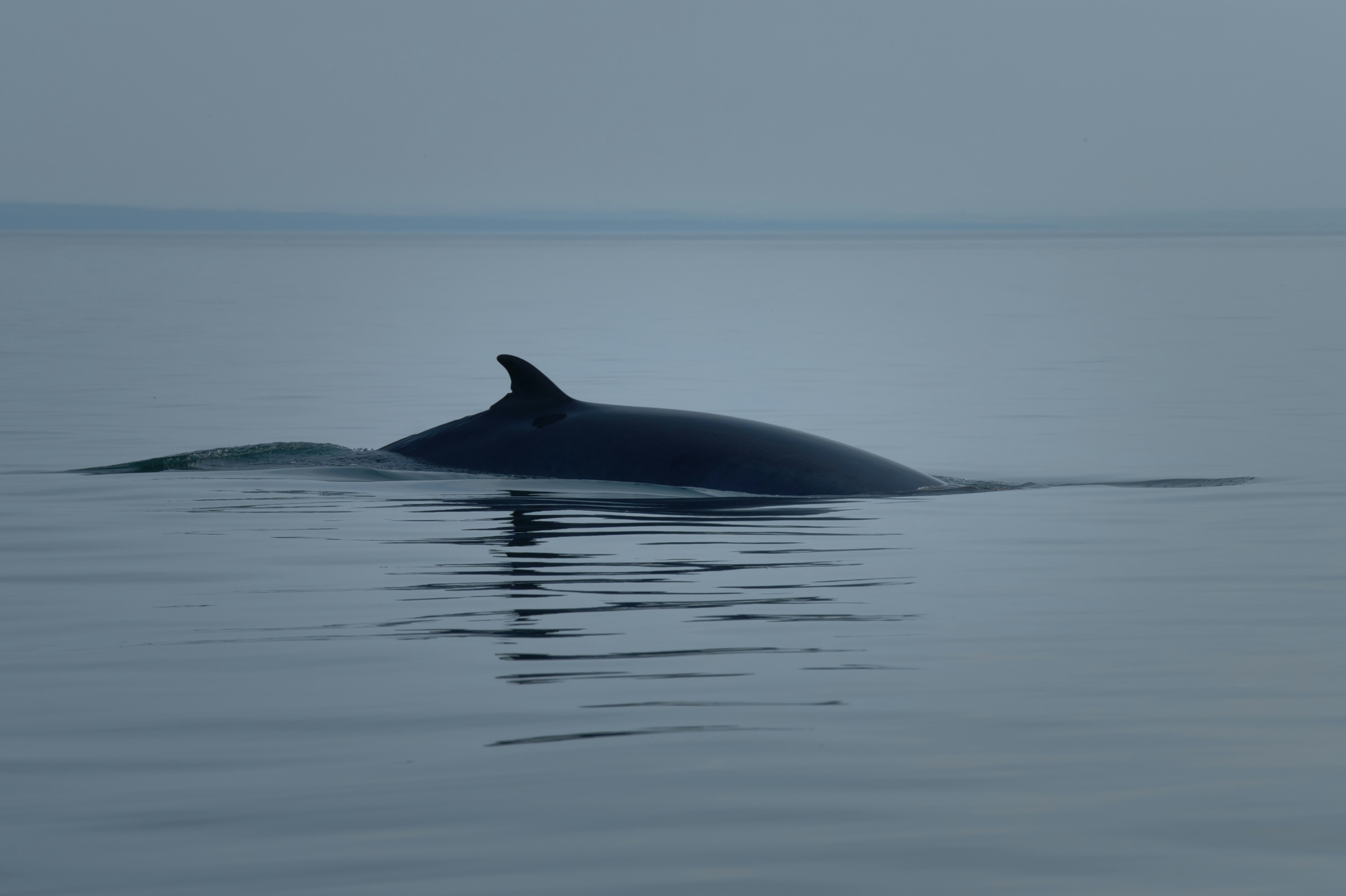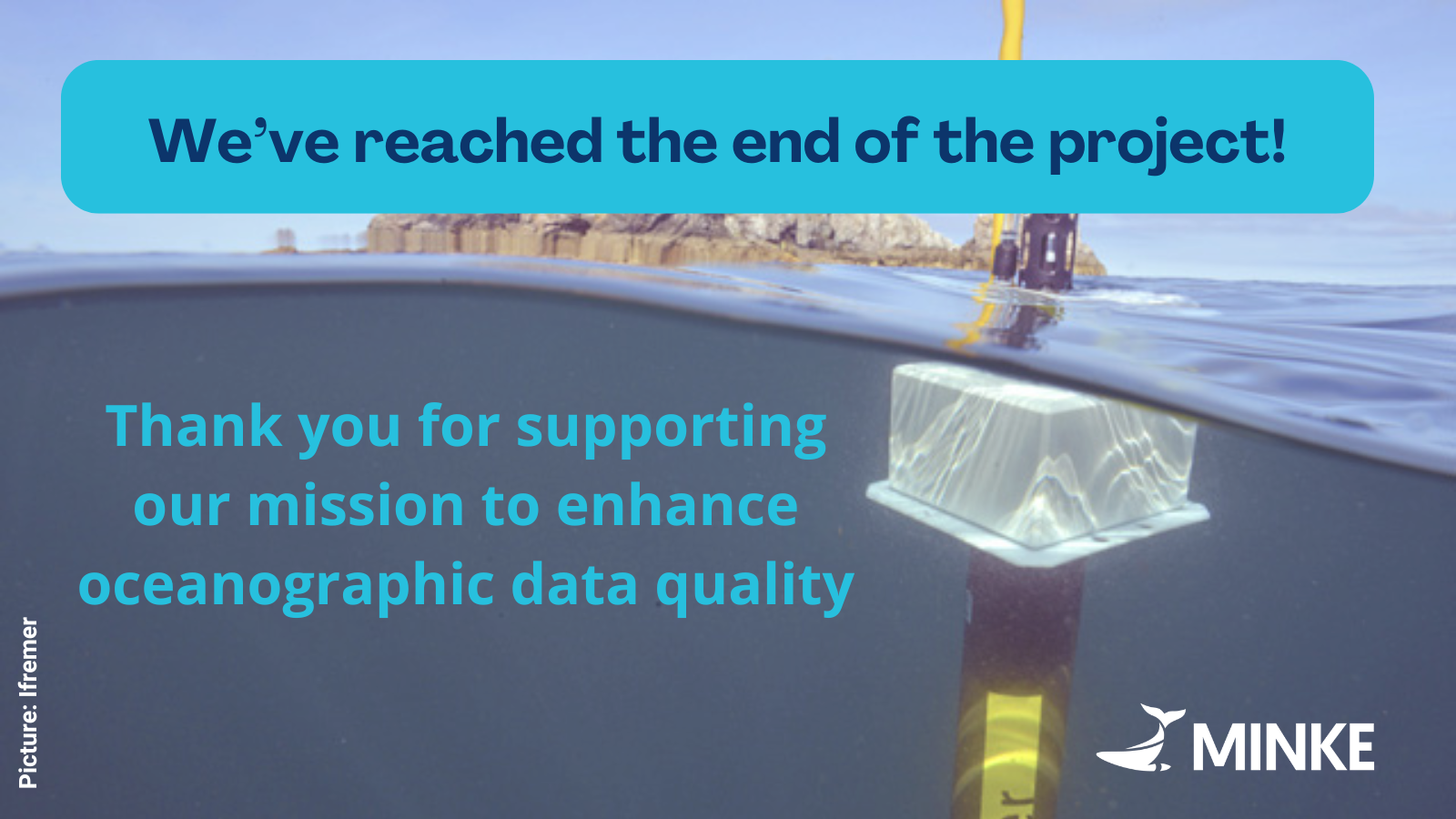Launched in April 2021 under the coordination of the Institut de Ciències del Mar (CSIC-ICM) in Barcelona, the MINKE project (Metrology for Integrated Marine Management and Knowledge-Transfer Network) Horizon 2020 initiative brought together 16 European marine research infrastructures with a mission to revolutionise how we measure, monitor and understand our oceans over a four-year timespan. JPI Oceans has been proud to swim alongside these partners, continuing the momentum we began with our earlier Joint Action on Marine Sensors Calibration.
From formal to citizen scientists, the team worked side by side to establish a shared language, align practices, and address the complexities of data completeness, accuracy, and uncertainty management. The main goal was always to improve the quality of oceanographic data, with addressing the Essential Ocean Variables (EOVs) as the key parameters to monitor while ensuring more reliable results and long-lasting benefits for marine research.
JPI Oceans' contribution to MINKE has been multifaceted, diving into several areas by leveraging on our expertise and established connections to enhance collaboration and knowledge transfer across European marine research infrastructures.
For instance, JPI Oceans developed a structured mapping concept at country level on national responsibilities and workflows for the systematic measurement of EOVs. This effort has resulted in two National Charts of ocean observing and monitoring for Germany and Greece, with more countries to follow. These charts align with MINKE's mission as they offer a comprehensive and interactive overview of national responsibilities for ocean observing and the related data flows, enhancing data quality and accessibility.
JPI Oceans is also driving innovation in marine observing, from enhanced scientific coordination under the Science for Good Environmental Status (S4GES) Joint Action to monitoring effort expansion via the European Marinas Network. We have recently initiated a scoping process on ocean oxygen loss as well, laying the groundwork to advance the development and application of dissolved oxygen monitoring. All these initiatives aim to improve data accuracy, standardisation, and accessibility to better support sustainable ocean management and policy decisions.
To strengthen marine metrology and data accuracy, we are also gearing up to enhance the measurement of ocean carbonate system parameters as part of the Ocean Carbon Capacities Knowledge Hub mandate. By supporting the continued access to certified reference materials and the equipment of research vessels and observing infrastructures with state-of-the-art sensors, this initiative ensures more precise tracking of carbon fluxes and ocean acidification, directly contributing to MINKE’s overarching goal of improving oceanographic data standards across Europe.

Throughout the MINKE project, transnational access (TNA) was a key mechanism that brought researchers, technicians, and citizen scientists together. By offering direct access to specialised facilities, cutting-edge instrumentation, and expert knowledge, MINKE supported collaborative research and skill development for 79 researchers from 18 different countries.
The project has also advanced virtual access to cloud-based citizen observation services such as MINKA to develop new participatory biodiversity monitoring initiatives and produced a range of scientific publications to ensure that the best practices developed through the MINKE timeframe remain accessible to all.
As MINKE concludes, its legacy continues through the AMRIT project. Launched in March 2024, this Horizon Europe initiative builds on MINKE's achievements, uniting various ocean observing communities and research infrastructures across Europe. JPI Oceans is also part of the AMRIT consortium, mainly contributing to the design of a federal structure for an EOOS Technical Support Centre (TSC) to ensure its prolonged sustainability, including its funding model.
For a deeper dive into MINKE's impact, check out the final MINKE newsletter – and to spot some of our very own JPI Oceans contributions too!
